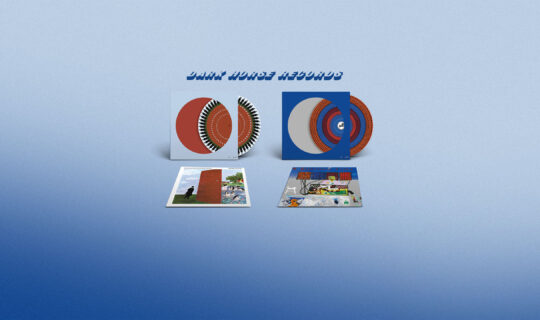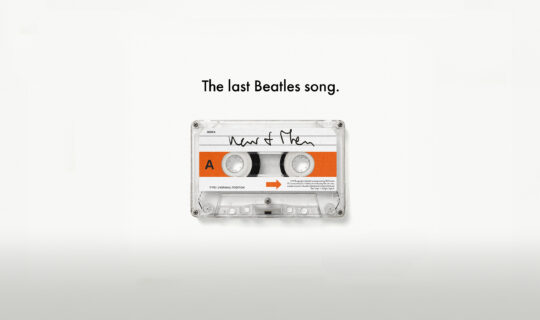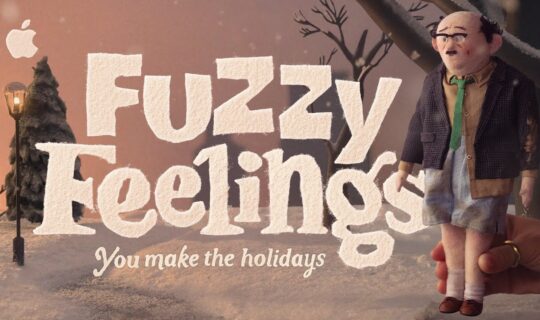Mystery Beatles Lyric at The British Library
8 May 2009
A previously unseen George Harrison lyric, found by author and collector Hunter Davies, goes on display at the British Library today (8 May). Written in early 1967 when George was aged 23 or 24, the untitled song was penned at a time when The Beatles had stopped touring to spend more time in the studio to work on what would arguably become their most famous record, Sgt. Pepper’s Lonely Hearts Club Band. The Beatles are still one of the world’s greatest bands, almost 40 years after their split.
Hunter Davies found the lyric during his research for a new edition of The Beatles official biography, which has just been re-released more than 40 years after its original publication. In its introduction, Hunter recalls how he collected Beatles lyrics discarded as scrap paper from the floor of Abbey Road studio and kept them as souvenirs. It’s almost certain that they would have been thrown out by the cleaners if he hadn’t picked them up.
Written in George’s handwriting, which all true Beatles fans will recognize, it’s not a song that he ever recorded, or perhaps even put music to, as far as we can tell. The girl George was dreaming about remains a mystery, although it could have been his then-wife Pattie Boyd. The lyric is eight lines long and reads a bit like teenage angst:
I’m happy to say that it’s only a dream
when I come across people like you,
it’s only a dream and you make it obscene
with the things that you think and you do.
You’re so unaware of the pain that I bear
and jealous for what you can’t do.
There’s times when I feel that you haven’t a hope
but I also know that isn’t true.
On the reverse side of George’s lyric are instructions on how to reach The Beatles manager, Brian Epstein’s country house in Sussex, written in Brian’s hand. This means that George must have written the lyric before August 1967 when Brian was found dead at his London home, following an accidental sleeping pill overdose. Significantly, John Lennon would later claim that this signalled the beginning of the end for the Beatles.
Hunter Davies, The Beatles official biographer, said:
“I can’t believe I’d kept George’s lyric all these years but had forgotten about it until now! Although George is no longer around to tell us what the inspiration was for the song, I’m glad the lyric will be on display at the British Library for generations of Beatles fans to enjoy.
Jamie Andrews, Head of Modern Literary Manuscripts at the British Library, said:
“George’s words are all that is left of the song – we can only guess what it would have sounded like so it is an invaluable and hugely interesting piece of Beatles memorabilia. The nation loves The Beatles, so it’s great to see George’s lyric reunited with those of his band mates in the British Library, next to John Lennon’s ‘Help’ and Paul McCartney’s ‘Yesterday.'”
Although Beatles compositions were credited to Lennon/McCartney, in reality, most of the songs were ninety percent Lennon, or ninety percent McCartney, rather than being simple fifty/fifty splits. The handwriting of each lyric on display at the British Library illustrates this, for example, “Help” is one of Lennon’s so it’s in his handwriting. “Yesterday” and “Michelle” are by McCartney, so it’s in his handwriting. This makes George’s lyric ll the more rare.
Most of the British Library’s Beatles collection is on loan by the kind permission of Hunter Davies, who plans to donate it to the Library after his death. The collection features a wide range of memorabilia that ranges from a fan club membership card to the lyrics of “A Hard Day’s Night,” written by John Lennon on the back of a birthday card to his son Julian.
Also on display are concert tickets, a printed Christmas fanzine letter, a 45rpm single for “A Hard Day’s Night,” an untitled verse written by John Lennon, the first issue of the Beatles magazine and an early photo of the band.
George’s lyric which has never been seen before, joins other Treasures of the British Library – such as Magna Carta and Shakespeare’s First Folio – in the Sir John Ritblat Gallery, which is free and open to the public.



